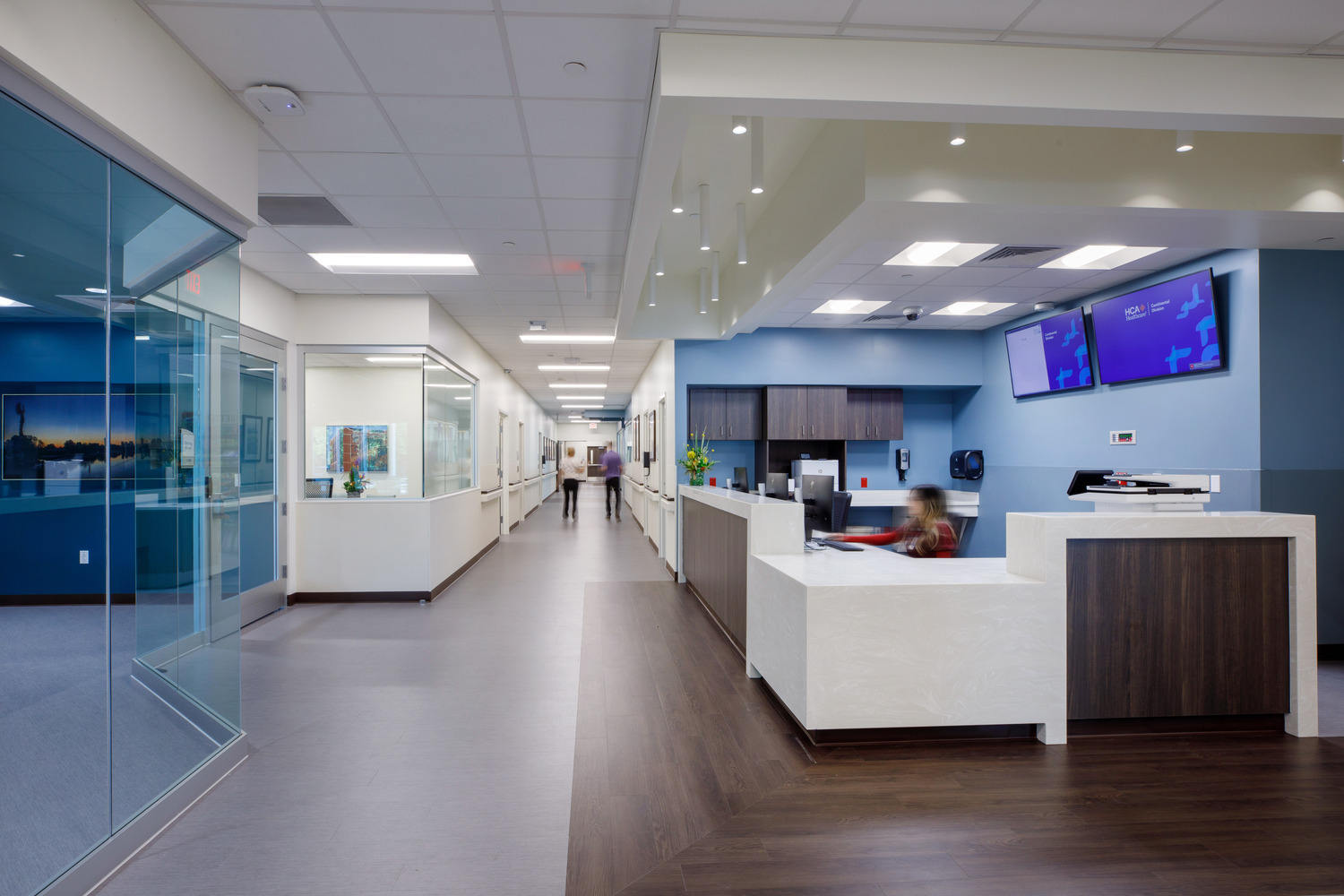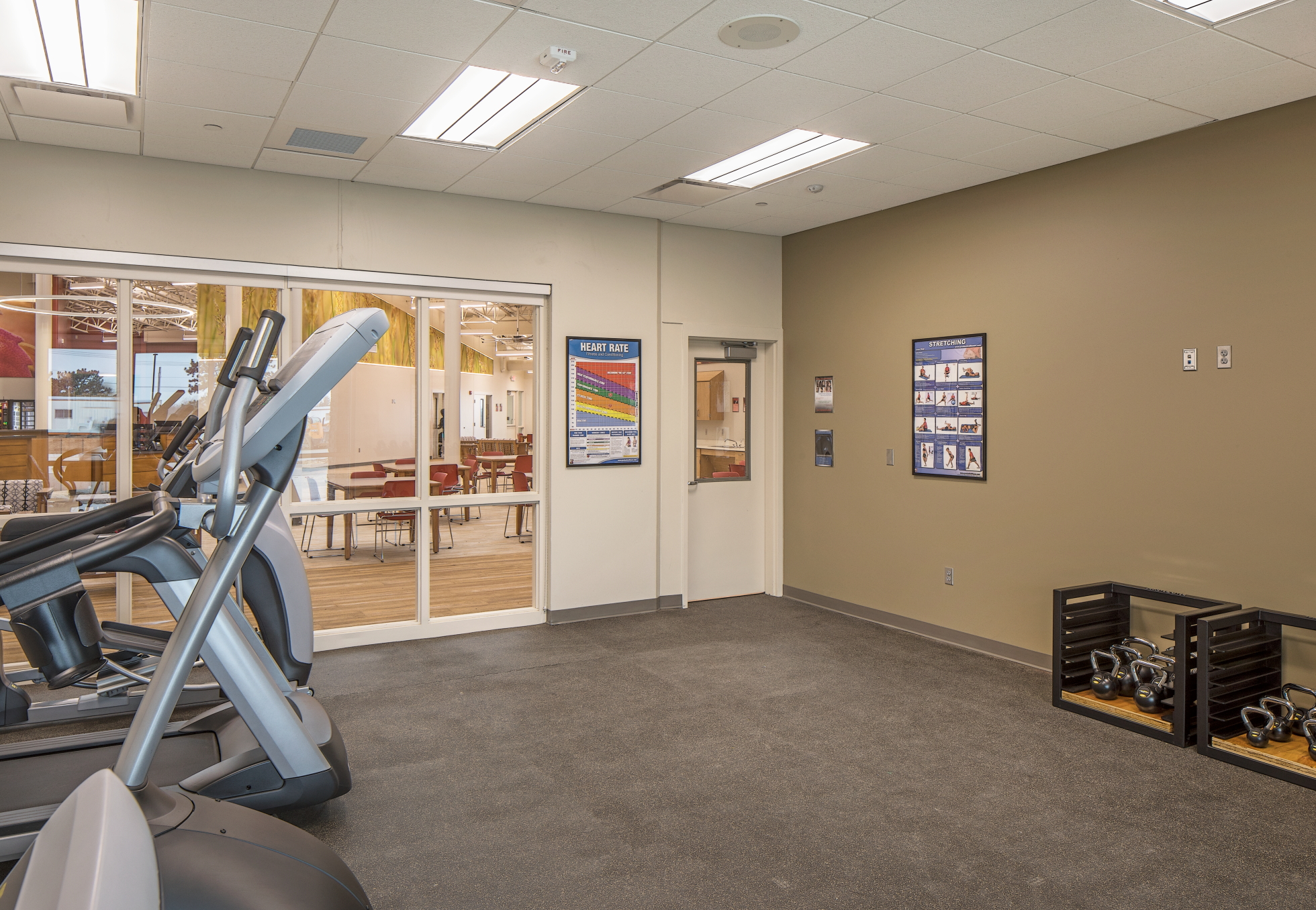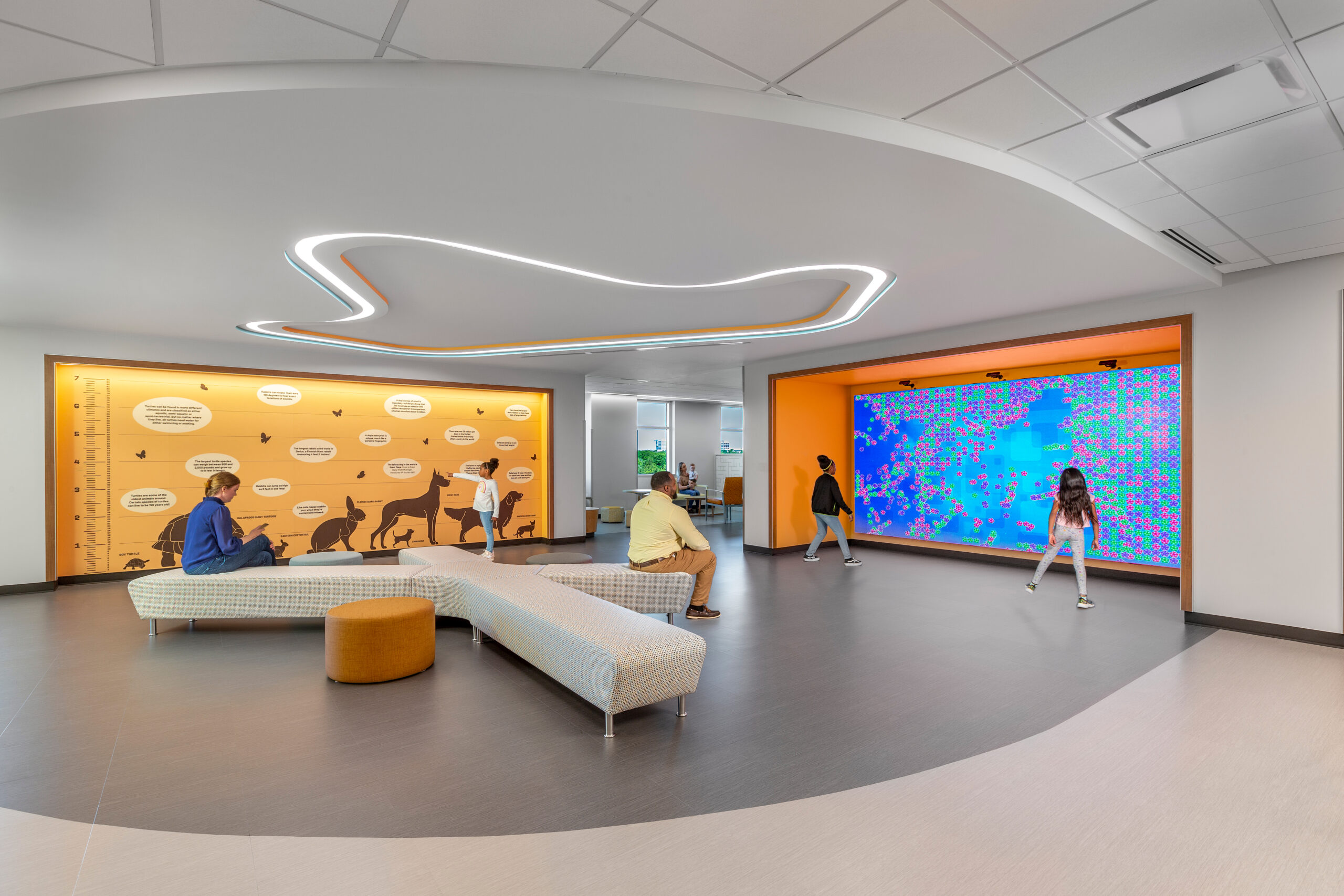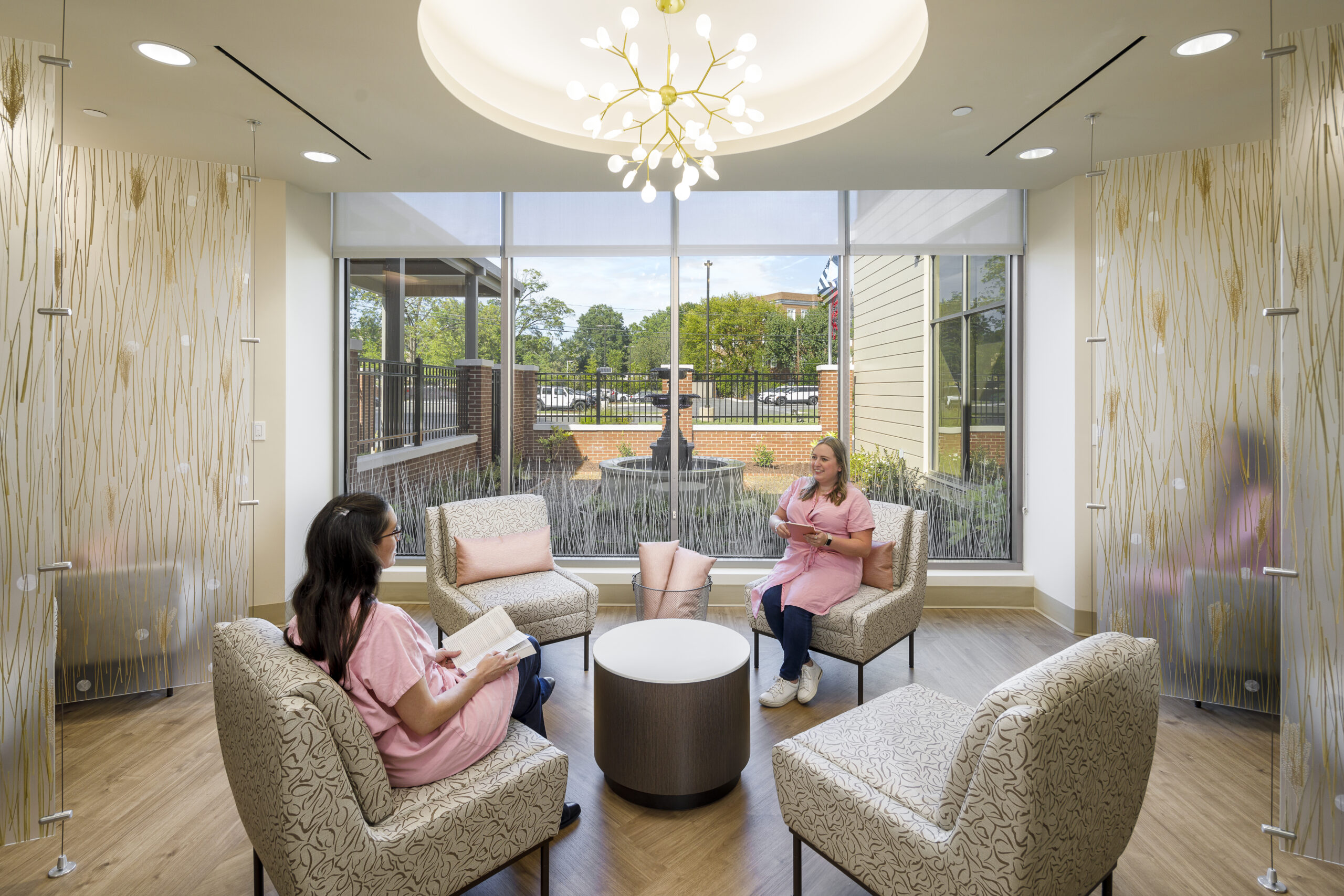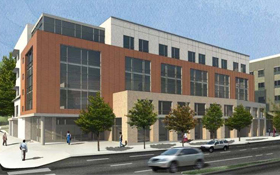 SAN FRANCISCO — San Francisco’s Mayor’s office remains in negotiation with the California Pacific Medical Center regarding a $1.1 billion offer from the center to pay for community benefits for the city’s poor and uninsured as part of its effort to gain approval for a proposed Cathedral Hill medical complex and rebuild of St. Luke’s Hospital.
SAN FRANCISCO — San Francisco’s Mayor’s office remains in negotiation with the California Pacific Medical Center regarding a $1.1 billion offer from the center to pay for community benefits for the city’s poor and uninsured as part of its effort to gain approval for a proposed Cathedral Hill medical complex and rebuild of St. Luke’s Hospital.
“We are making good progress in narrowing the differences between our offer and the City’s request of us,” says Kevin McCormick, a spokesperson at Sutter Health, a part of CPMC. “We are hopeful that those remaining differences will soon be resolved and that we can then present this agreement to the San Francisco Planning Commission and get their support for our plans.”
The San Francisco Business Times reported this summer that this $1.1 billion figure came after city officials asked for nearly $2 billion in additional commitments from CPMC to gain the required approval for its huge capital projects. CPMC’s earlier proposals had come under fire from the mayor as well as union groups such as the California Nurses Association.
McCormack says the $1.1 billion community benefit plan commits CPMC to contributing $86 million a year for ten years in health care for uninsured, poor and low-income San Franciscans. It also includes Medi-Cal and MediCare patients and patients enrolled in Healthy San Francisco, the City’s safety net health program.
“We also committed to creating a new CPMC Center for Tenderloin Health that would work with community-based physicians to help their patients find the most appropriate care at CPMC, and navigate their way through our system,” says McCormack. “We would also create a Center for Excellence in Community Health and a Center for Excellence in Senior Health at our rebuilt St. Luke’s Campus.”
He adds that CPMC has offered $50 million for affordable housing, workforce hiring and development, public transportation improvements and pedestrian safety on top of the additional $1.9 billion of its own money — with no taxpayer funds involved — to build two earthquake-safe, state-of-the-art hospitals at Van Ness and Geary and at its St. Luke’s campus.
“These will ensure that the City has hospital beds available even in the aftermath of a major disaster. For CPMC, we get to rebuild our hospitals and make them safer for both patients and staff and create a new world class system of care.”
He adds that by building these new hospitals, CPMC not only creates seismically safe facilities, but can also provide private patient rooms. “This is better not just from the perspective of a patient’s comfort, but also means we can do a much better job of infection control.”
If built, the new Cathedral Hill complex would be CPMC’s main specialist care hospital. It would house heart, liver, kidney transplant teams, cardiac specialists and interventional endoscopies, as well as many other inpatient surgical specialties. It will also be a Women and Children’s hospital with an expanded labor and delivery unit, as well as a neonatal intensive care unit and pediatric care units.
Meanwhile, a rebuild at St. Luke’s Hospital would entail a new campus at Van Ness and Geary (several miles away) with an expanded emergency department and 50 percent more room than at the present, as well as an enhanced labor and delivery unit, general surgery and orthopedic surgery.
“In short, all the acute care services that we currently have at St. Luke’s will remain there with the exception of pediatrics,” says McCormack. “There is, on average, only one pediatric patient a day at St. Luke’s and that is not enough to maintain a skilled/experienced staff. We think it makes more sense from a health care delivery perspective to have that child cared for at the Van Ness/Geary campus.”
Over the next decade, CPMC’s plans are to create a city-wide system of care with the goal of delivering care to the people of San Francisco as close to their home as possible.
“For instance our Bayview Child Health Center cares for the children of the Bayview/Hunter’s Point community in their own neighborhood,” says McCormack. “In the past, most of those children had to travel for miles outside their community to see a pediatrician. And the new CPMC Center for Tenderloin Health is meant to provide a similar service in the Tenderloin, currently one of the most medically underserved parts of San Francisco.”


